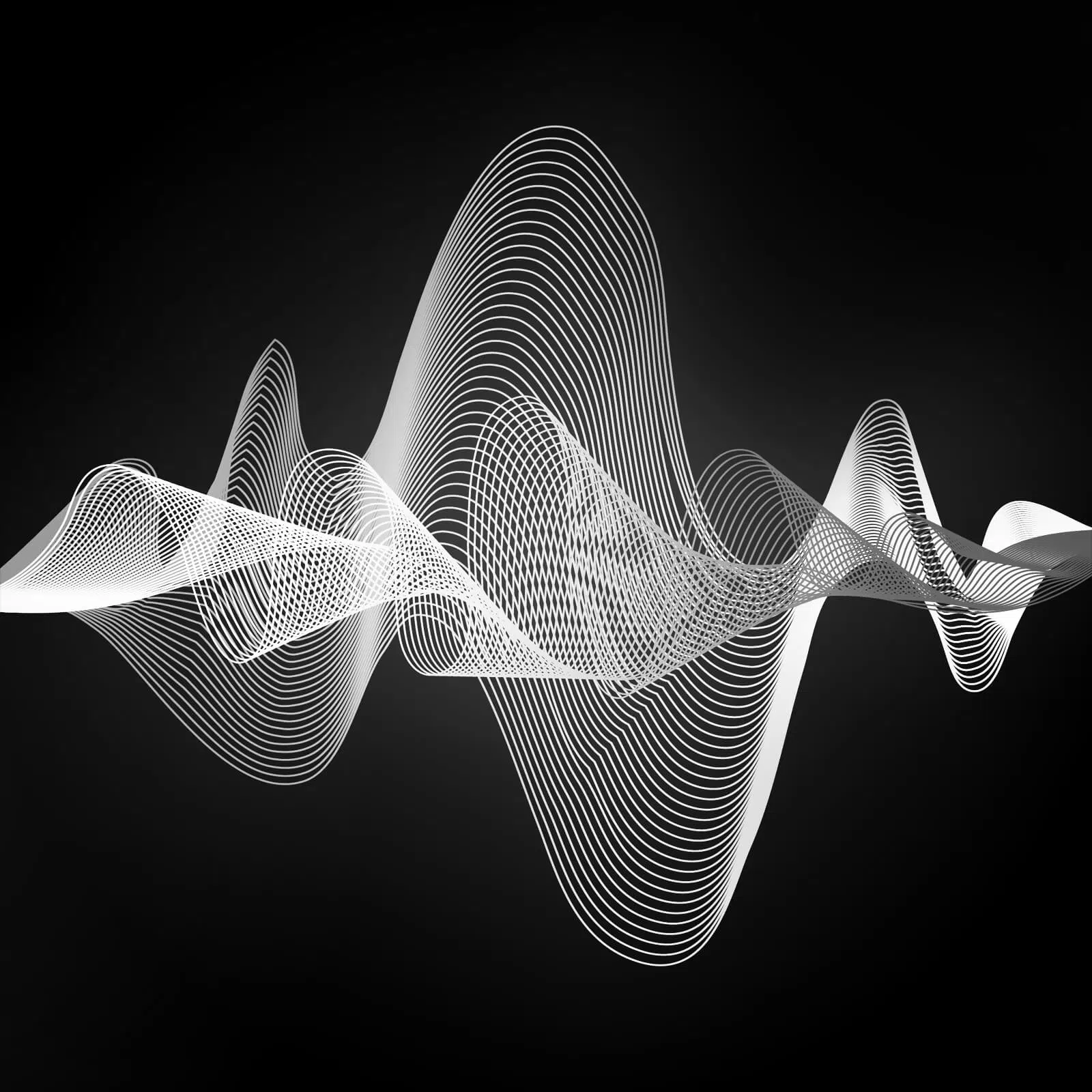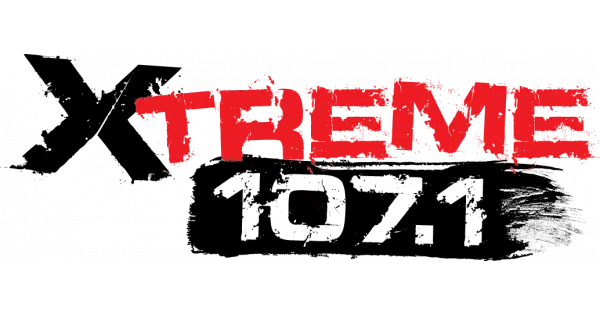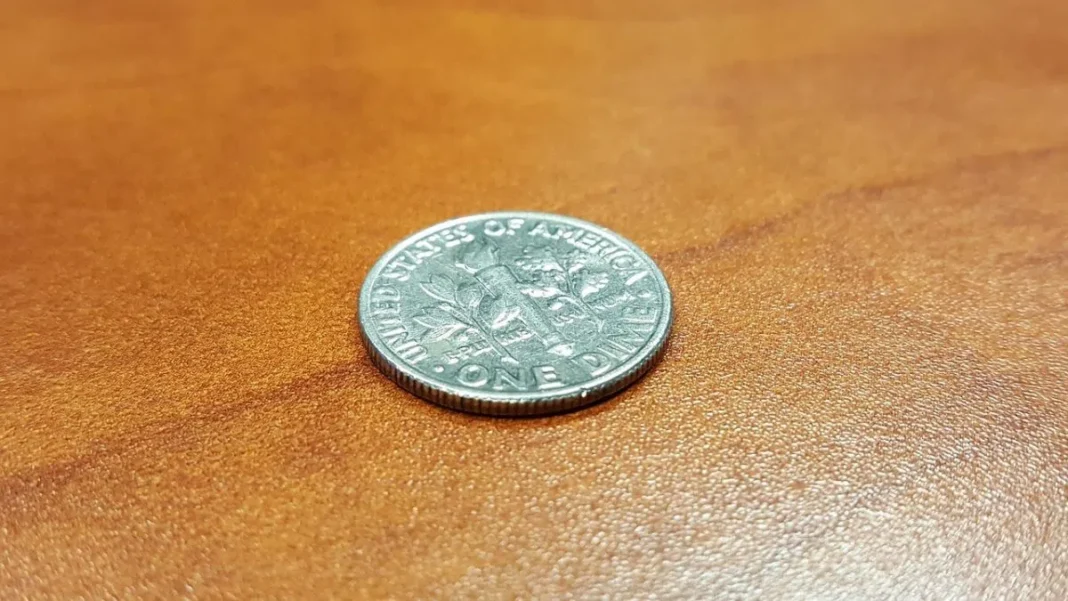Imagine a future where your favorite songs are churned out by algorithms, where the magic of human creativity is replaced by cold, calculated code. Music icons like Paul McCartney, Elton John, and Dua Lipa are saying “not so fast!” They’ve joined forces with a coalition of 400 artists, banding together to protect their intellectual property in the face of the rapidly advancing world of artificial intelligence. This isn’t just about music; it’s about safeguarding the very soul of artistic expression.
The Rise of AI in Music Creation
Analyzing the Growing Role of Artificial Intelligence

The music industry is undergoing a seismic shift, driven by the rapid advancements in artificial intelligence (AI). AI algorithms are increasingly being utilized in various aspects of music creation, from composing melodies and harmonies to producing entire tracks. This transformative technology has the potential to democratize music production, making it more accessible to aspiring artists and independent musicians.
AI-powered music software can analyze vast datasets of existing musical compositions, identifying patterns and structures that underpin successful songwriting. These algorithms can then generate new musical ideas, offering composers a starting point for their creative process. Moreover, AI can assist in automating repetitive tasks such as mixing, mastering, and sound design, freeing up human artists to focus on the more nuanced and artistic aspects of music creation.

Exploring the Potential Benefits and Drawbacks
The integration of AI in music production presents both exciting opportunities and significant challenges. On the one hand, AI can empower artists by providing them with new tools and resources to enhance their creativity. It can overcome creative roadblocks, explore uncharted sonic territories, and accelerate the production process. For example, AI-powered tools can assist in generating variations of a melody, exploring different chord progressions, or even crafting entire song structures based on a specific theme or mood.
However, the rise of AI in music also raises concerns about the potential devaluation of human creativity and the widening gap between established artists and aspiring musicians. Critics argue that overreliance on AI-generated music could lead to a homogenization of musical styles, stifling innovation and originality. Moreover, there are ethical considerations surrounding the ownership and control of AI-generated music, as well as the potential for misuse in creating deepfakes or impersonating artists without their consent.

Examining the Ethical Considerations
The ethical implications of AI in music creation are complex and multifaceted. One of the primary concerns is the potential for AI to infringe upon the intellectual property rights of human composers. If AI algorithms are trained on copyrighted music without permission, they could generate music that is substantially similar to existing works, raising legal questions about copyright infringement.
Another ethical concern is the impact of AI on the livelihoods of human musicians. As AI-powered tools become more sophisticated, there is a risk that they could replace human musicians in certain roles, leading to job displacement and economic hardship. It’s essential to ensure that the development and deployment of AI in music are accompanied by policies and safeguards that protect the rights and interests of human artists.
The Artists’ Stand Against AI Copyright Infringement
Detailing the Concerns Raised by Renowned Artists

In recent months, a growing number of renowned artists, including Paul McCartney, Elton John, and Dua Lipa, have expressed their concerns about the potential for AI to violate copyright laws and undermine the artistic integrity of music. These artists argue that AI algorithms trained on copyrighted material could generate music that is indistinguishable from human-composed works, leading to a blurring of the lines between originality and imitation.
In a powerful statement, Paul McCartney, the legendary Beatle, highlighted the importance of protecting the rights of human creators. He emphasized that AI should be viewed as a tool to augment human creativity, not as a replacement for it. McCartney expressed his fear that widespread use of AI in music could lead to a decline in the quality and originality of music, as well as a loss of respect for the artistry and hard work of human composers.

Highlighting the Potential for AI to Violate Copyright Laws
The legal arguments presented by artists like McCartney and John center around the concept of copyright infringement. Copyright law grants exclusive rights to the creators of original works, including the right to reproduce, distribute, and adapt their creations. If an AI algorithm is trained on a substantial amount of copyrighted music and subsequently generates music that is substantially similar to existing works, it could be argued that the AI has infringed upon the copyright of the original creators.
This issue is further complicated by the fact that AI algorithms often operate as “black boxes,” making it difficult to determine the extent to which they rely on copyrighted material in their creative process. This lack of transparency raises concerns about the potential for unintentional copyright infringement, as well as the ability to hold AI developers accountable for copyright violations.
Analyzing the Legal Arguments Presented by the Artists and Their Representatives
The legal battle over AI and copyright in music is just beginning, and the outcome will have significant implications for the future of the industry. Artists and their representatives are advocating for legal frameworks that clearly define the rights and responsibilities of AI developers, users, and composers. They are calling for stricter regulations on the training data used for AI algorithms, as well as for mechanisms to ensure that AI-generated music is properly attributed to its creators.
The Recording Industry Association of America (RIAA), which represents the interests of record labels, has also weighed in on the debate, expressing its support for stronger copyright protections in the age of AI. The RIAA argues that AI-generated music should be subject to the same copyright laws as human-composed music, ensuring that artists are fairly compensated for their creative work.
Implications for the Music Industry
The potential impact of AI on the music industry is profound and multifaceted. On one hand, AI tools offer exciting possibilities for creative exploration, democratizing music production and allowing artists to experiment with new sounds and styles. However, the ease with which AI can generate music raises serious concerns about the livelihoods of musicians and composers.
If AI-generated music becomes widely adopted, it could lead to a decrease in demand for human musicians, potentially impacting their income and career opportunities. The rise of AI-powered music platforms could also disrupt the existing music distribution and royalty systems, making it more challenging for artists to earn a fair share from their work.
Moreover, the question of copyright ownership in AI-generated music remains a complex and unresolved issue. Current copyright laws are primarily designed to protect the rights of human creators. Applying these laws to AI-generated music raises legal and ethical challenges regarding authorship, ownership, and the potential for infringement.
This ambiguity creates uncertainty for both artists and AI developers. Artists may be hesitant to utilize AI tools if they fear losing control over their creative output or facing legal challenges regarding ownership. AI developers, on the other hand, may be reluctant to invest in music-related AI projects without clear legal frameworks governing copyright and intellectual property rights.
The Need for New Legal Frameworks
To navigate this evolving landscape, the music industry needs comprehensive legal frameworks that address the unique challenges posed by AI. These frameworks should clearly define copyright ownership in AI-generated music, establishing guidelines for attribution, licensing, and royalty distribution.
It is crucial to consider the rights of both human creators and AI developers. Laws should protect the intellectual property of artists while fostering innovation and creativity within the AI music development space. International collaboration is essential to ensure a harmonized approach to AI copyright, as the global nature of the music industry requires consistent legal standards.
The Future of Music Creation and Ownership
The future of music creation and ownership in the age of AI is likely to be a hybrid model, combining the talents of human musicians with the capabilities of AI tools. AI will undoubtedly play an increasingly significant role in music production, offering new possibilities for experimentation, automation, and accessibility.
However, human creativity, artistry, and emotional expression will remain irreplaceable elements of the music experience. The most compelling music will likely be the result of a collaborative process, where AI tools augment and enhance the creative process rather than replacing it entirely.
As AI technology advances, it is essential to ensure that the music industry remains a space where human creativity is valued and protected. This requires ongoing dialogue, collaboration, and adaptation to the evolving technological landscape.
Practical Steps for Protecting Artistic Ownership
In the face of these challenges, musicians and artists can take proactive steps to safeguard their intellectual property and ensure their rights are protected in the age of AI.
Registration and Documentation
One of the most fundamental steps is to register your musical works with copyright offices in relevant jurisdictions. This establishes a public record of ownership and provides legal recourse in case of infringement.
It is also essential to meticulously document your creative process, including drafts, revisions, and any collaboration with other artists. This documentation can serve as valuable evidence of your authorship and originality in the event of a copyright dispute.
Embracing Technology
Blockchain technology offers promising solutions for establishing ownership and authenticity in the digital music landscape. Blockchain-based platforms can securely store and verify copyright information, creating a transparent and tamper-proof record of ownership.
By utilizing blockchain, artists can gain greater control over the distribution and licensing of their music, ensuring that they receive proper attribution and compensation for their work.
Education and Awareness
Educating yourself and others about AI copyright issues is crucial for navigating this evolving landscape. Stay informed about legal developments, industry best practices, and the potential implications of AI on your creative work.
Engage in discussions with fellow artists, industry professionals, and legal experts to share knowledge, raise awareness, and advocate for policies that protect the rights of creators.
The music industry is at a crossroads, facing both exciting opportunities and significant challenges in the age of AI. By taking proactive steps to safeguard their creative output, musicians and artists can ensure that their voices continue to be heard and their contributions to the world of music are valued and recognized.
Conclusion
This alliance of musical giants, from the iconic McCartney and Elton John to the contemporary Dua Lipa and Coldplay, sends a clear message: the future of creativity hinges on safeguarding artists’ rights. The article illuminated the evolving landscape of artificial intelligence, highlighting how its ability to mimic human artistry poses a significant threat to the livelihoods and originality of musicians. By joining forces, these artists aim to establish legal precedents that protect their intellectual property and prevent the unauthorized use of their creative work in AI-generated music. The ramifications of this fight extend far beyond the music industry. This is a pivotal moment in the broader conversation surrounding the ethical implications of AI. If artists are unable to control the use of their creative output, it sets a dangerous precedent for all creators in the digital age. Will we see a future where AI-generated art eclipses human creativity, leaving original artists without recognition or compensation? The outcome of this battle will shape the very definition of authorship and artistic ownership in the years to come. The echoes of this fight will resonate throughout the creative industries, reminding us that the heart of art lies in the unique human experience, a spark that AI, for all its advancements, can never truly replicate.

